On Friday, the second day of the informal Gymnich meeting in Berlin of the EU foreign ministers, Romania's Foreign Minister Bogdan Aurescu, spoke about the situation in Eastern Mediterranean and EU relations with Turkey, as well as EU-Russia relations.
The geopolitical implications of the COVID-19 pandemic and the EU's strategic response was rescheduled for the next meeting of the Foreign Affairs Council, due to lack of time, according to a press statement released by Romania's Foreign Ministry (MAE) on Friday.
In his remarks on Turkey, Aurescu reiterated his concern with continuing tensions in the Eastern Mediterranean and once again called for relaxation, calm and direct dialogue between the parties involved. He expressed solidarity with Greece and Cyprus, as well as support for EU's ongoing efforts to de-escalate and re-start dialogue with Turkey.
He said that any dispute over maritime boundaries should be settled exclusively in a peaceful manner and in accordance with international law. In the same context, he expressed "Romania's openness to share, with both Greece and Turkey, its expertise acquired on the matter of maritime delimitation, following the trial before the International Court of Justice in The Hague on the Maritime Delimitation in the Black Sea, in accordance with the applicable international law."
Aurescu also proposed, as a first step towards de-escalation, the introduction of a moratorium on explorations in disputed areas in the Eastern Mediterranean until the maritime boundaries in question are reached either through negotiations or through recourse to an international court, such as the International Court of Justice.
At the same time, he reiterated the need to maintain a comprehensive EU dialogue with Turkey, given the wide range of topics of common interest, such as migration, trade and the fight against terror.
The EU-Russia relations were approached in terms of the objectives of the European Union, as well as the way in which Russia meets its international commitments, including the implementation of the five EU guiding principles: full implementation of the Minsk agreement as an essential condition for any substantial change in the EU's position toward Russia; strengthening relations with the EU's eastern partners and other neighbours, including those in Central Asia; increasing EU's resilience to Russian threats such as energy security, hybrid threats, and disinformation; selective engagement with Russia on issues of interest to the EU; increasing support for the Russian civil society and promoting people-to-people contacts.
The minister also stressed the need for "a firm, consistent, coordinated and comprehensive policy" in order to achieve results in the relationship with the Russian Federation, a relationship that remains "a strategic challenge to the EU and its member states."
The Romanian official stressed the need to define a long-term EU strategy on that issue. He emphasised the urgent need to maintain as a priority for the EU the course of developing relations with the Eastern Partnership states in order to promote stability and prosperity in the region, strengthen member states' resilience, continue sanctions policy, and also better coordination to implement the principle of selective engagement with Russia.

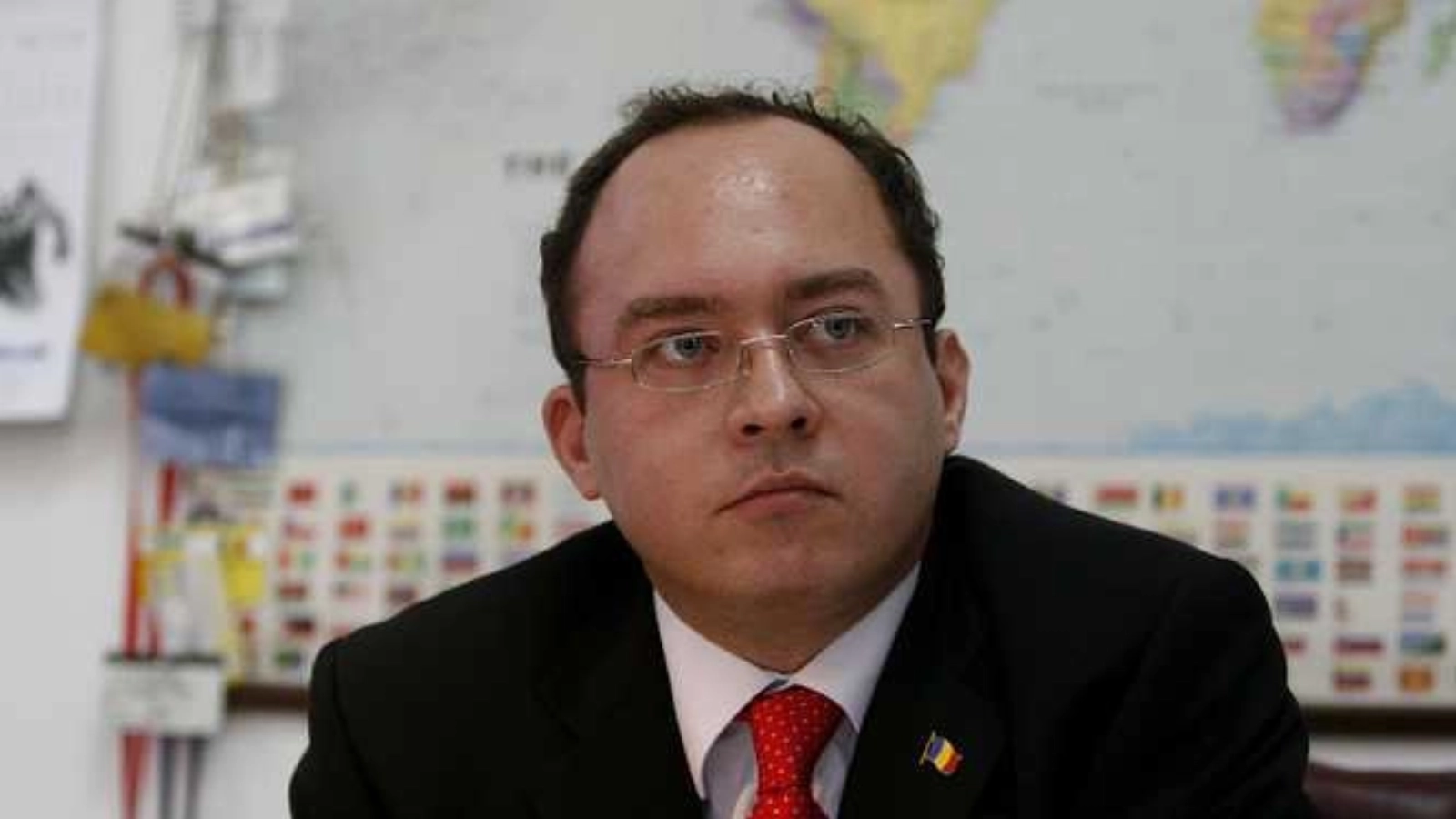



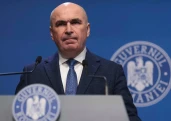

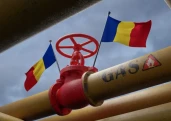

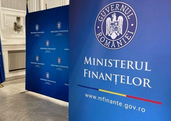

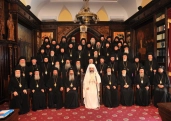
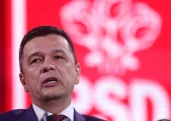



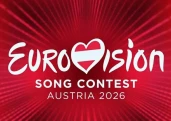



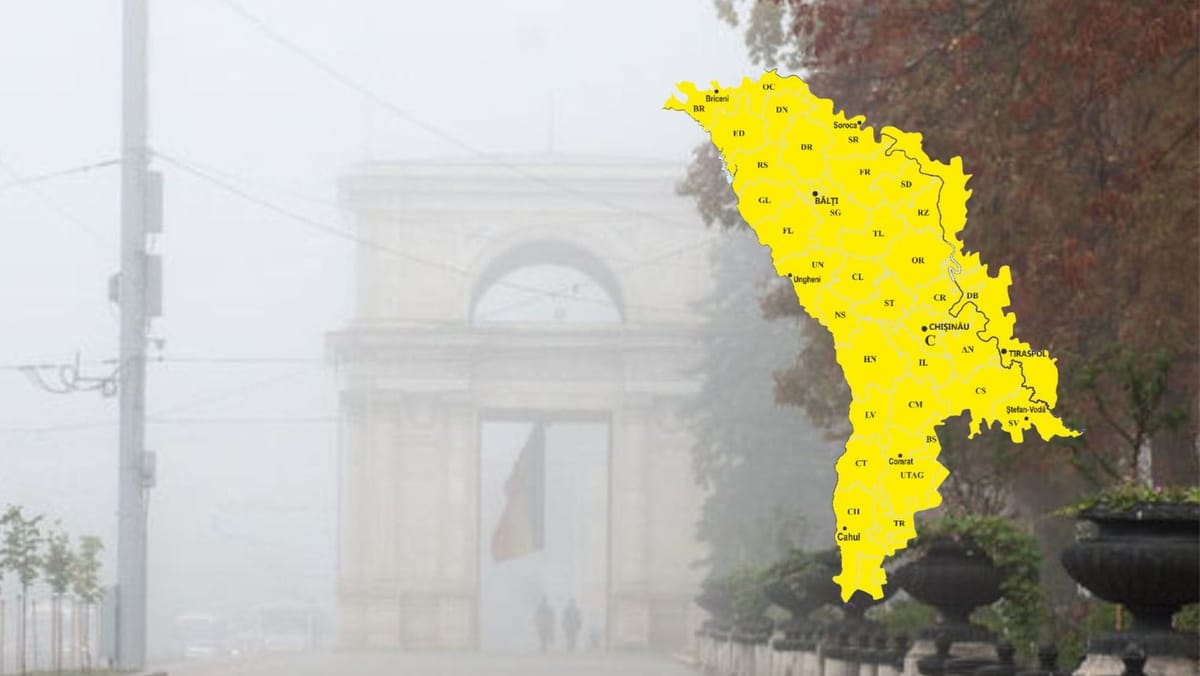


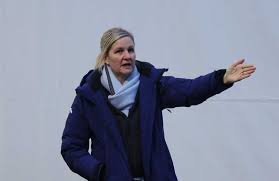








Comentează